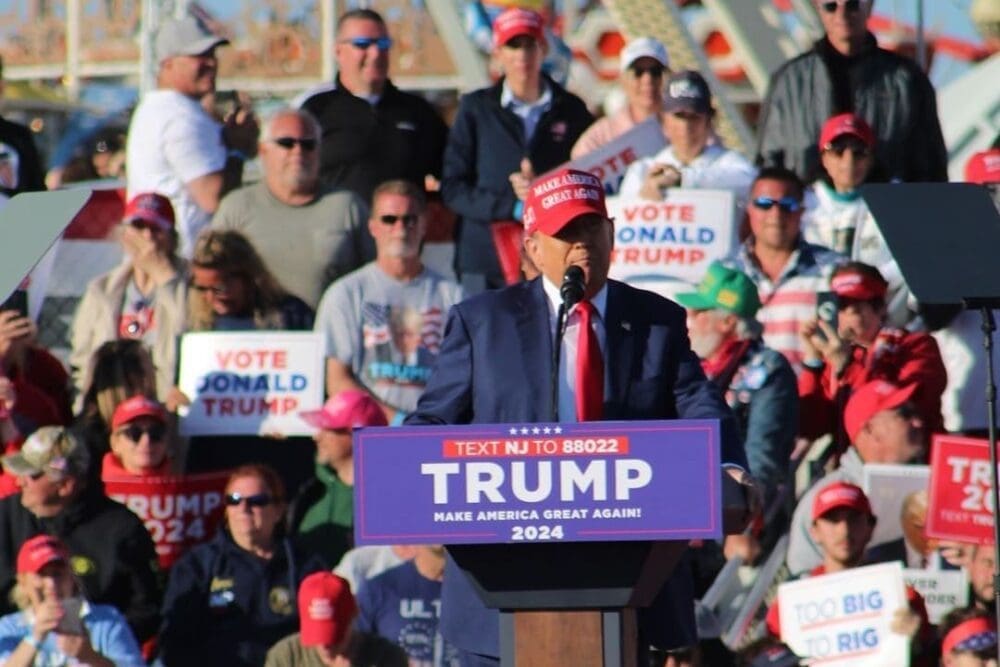President Donald Trump plans to undo key elements of President Joe Biden’s clean energy policies. Trump has pledged to withdraw the U.S. from the Paris climate agreement, lift restrictions on fossil fuel production, and roll back regulations that limit greenhouse gas emissions from vehicles and power plants.
One of Trump’s main targets is the Biden administration’s Inflation Reduction Act. This funnels billions into clean energy through tax credits and subsidies. He has criticized the law as a “scam” that burdens American industry and vows to halt or restrict these incentives. These credits and subsidies have fueled significant investments in renewable energy, battery production, and electric vehicles across the country. Although Trump cannot unilaterally repeal the law without Congress, he intends to limit these incentives, which have played a crucial role in advancing clean energy projects.
However, Trump’s stance is facing resistance within his own party. A group of Republican lawmakers has recently urged against repealing the Inflation Reduction Act’s tax credits. They note that these incentives have spurred substantial investments and created jobs in rural and conservative regions. The clean energy boom, particularly in the wind and solar sectors, has become a significant source of employment in rural and Republican-led districts.
At the same time, Trump’s call for more fossil fuel development resonates strongly with the oil and gas industry. Industry groups expect a revival under his leadership. They have encouraged him to lift drilling restrictions, eliminate EPA emissions standards, and remove the freeze on federal permits for fossil fuel projects.
Despite this, clean energy advocates caution that Trump’s policies could stall progress in a sector that has driven job creation and economic growth in areas reliant on renewable energy. Critics argue that his approach favors fossil fuel companies while hindering the clean energy transition that has begun to reshape the U.S. energy landscape. As he prepares his energy strategy, Trump faces the challenge of aligning his agenda with an evolving economy and navigating divided support within his own party.
The New Jersey Digest is a new jersey magazine that has chronicled daily life in the Garden State for over 10 years.
- Staffhttps://thedigestonline.com/author/thedigeststaff/
- Staffhttps://thedigestonline.com/author/thedigeststaff/
- Staffhttps://thedigestonline.com/author/thedigeststaff/
- Staffhttps://thedigestonline.com/author/thedigeststaff/


